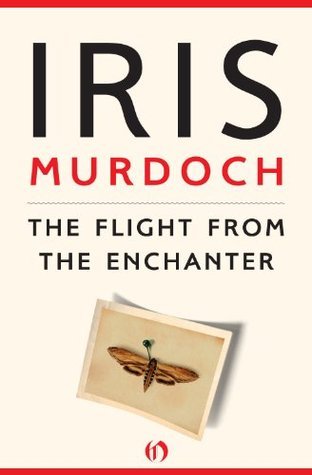What do you think?
Rate this book


304 pages, Kindle Edition
First published January 1, 1956
 My copy is the 3'6d 1964 Penguin edition. All the zest for writing is still apparent in this second book, enthusiam radiates off the page. Thoroughly enjoyed this weekend read, tucked up warm against the minus 18C.
My copy is the 3'6d 1964 Penguin edition. All the zest for writing is still apparent in this second book, enthusiam radiates off the page. Thoroughly enjoyed this weekend read, tucked up warm against the minus 18C. "Blick is the dark half of Misha Fox's mind. He does the things that Mischa doesn't even think of. That's how Mischa can be so innocent."
"Blick is the dark half of Misha Fox's mind. He does the things that Mischa doesn't even think of. That's how Mischa can be so innocent."